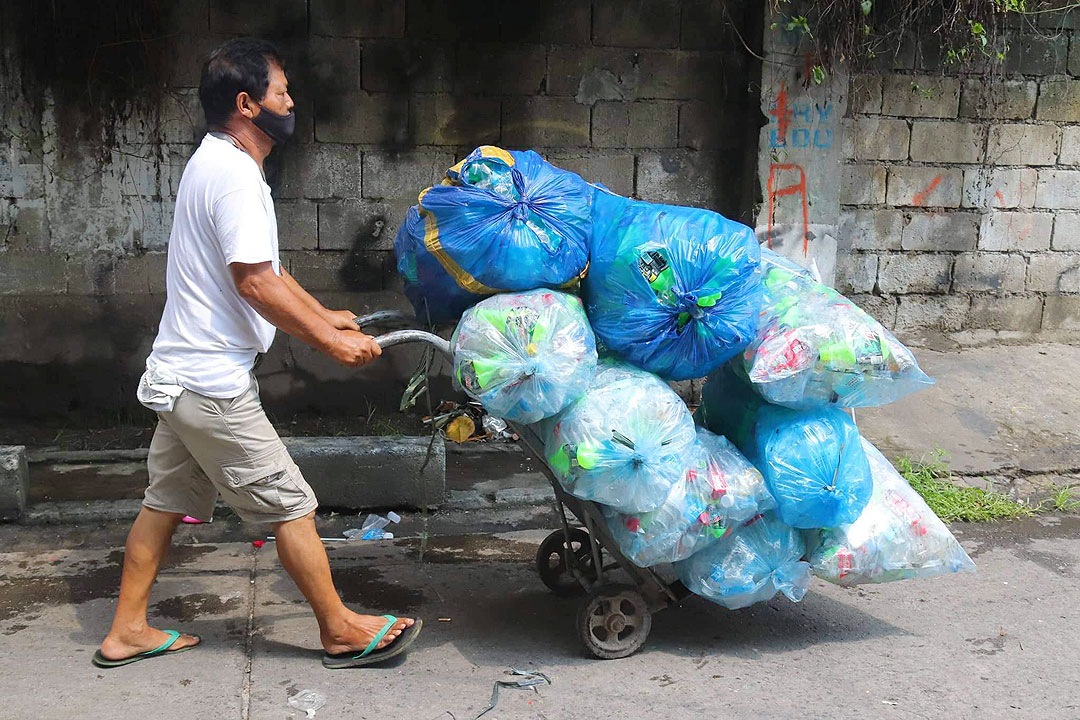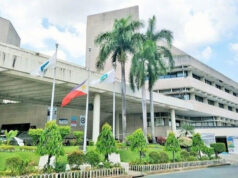
THE GOVERNMENT needs to mobilize private financing for waste and transport projects to hit its climate financing requirements for the next five years, the Green Finance Institute (GFI) said in a report.
“The Philippines presents a strong but underexplored opportunity for private investment in waste and transport — two critical sectors for meeting its climate goals. While public finance remains limited, there’s growing momentum to develop financial mechanisms that can unlock private capital. With a redesigned Green Force and increasing interest in sustainable finance, now is the time to shift focus towards sectors that have so far been overlooked but hold real potential for impact,” GFI International Managing Director James Hooton said in a statement on Wednesday.
According to its Nationally Determined Contribution (NDC) implementation plan, the government will only be funding 2.71% of the estimated P4.1 trillion in financing required to meet its target of reducing 75% of greenhouse gases by 2030.
The GFI said the country will need to rely on private capital and international support to achieve its climate targets.
It added that the financing landscape for waste and transport sectors is underdeveloped, compared to other sectors that require funding under the NDC such as energy.
Private investors have likewise remained uncertain about tapping mass transport and solid waste as green investment opportunities.
The GFI said the investment gap could be addressed by improving the Inter-agency Technical Working Group on Sustainable Finance, known as the Green Force, which is headed by the Department of Finance (DoF) and the Climate Change Commission (CCC).
According to the study, an operating model capable of delivering risk-adjusted returns needs to be added to mobilize private capital at scale.
It said the Green Force Clusters should employ a sector-specific structure, supported by partnerships with private sector actors as each sector has different barriers to financing, risks, and demand.
The GFI said a neutral, market-facing convener will be needed to connect the Clusters with private capital and market participants, similar to the UK, where the GFI partners with financial institutions, corporations and policymakers to co-create solutions that mobilize private capital.
The study proposes an investment platform structure for the Green Force, in which the DoF and CCC or the Department of Environment and Natural Resources provide strategic oversight of separate clusters dedicated to policy, financing, and investments.
This structure could also be strengthened through an Executive Order that will establish the Green Force Platform, including clusters, legally and structurally; grant specific mandates such as formalizing risk-sharing tools and project preparation; and formalize private sector engagement structures.
The GFI said the Philippines’ financial architecture needs to be improved through “standardized supply agreements, credible offtake arrangements in waste and fuel markets, long-term certainty on tipping fees or fare revenues, and dedicated financial mechanisms that reduce risk at the transaction level.” — Aaron Michael C. Sy



